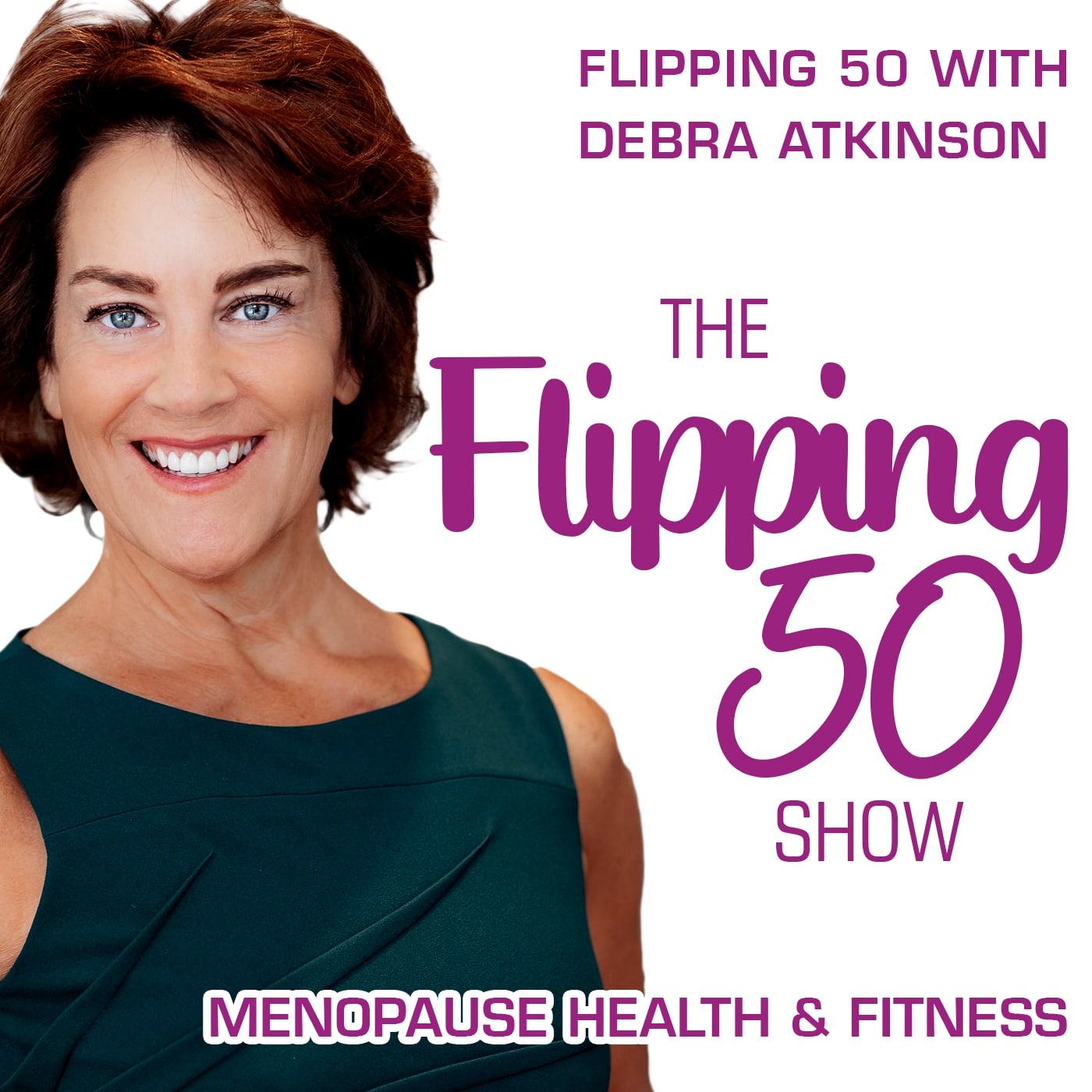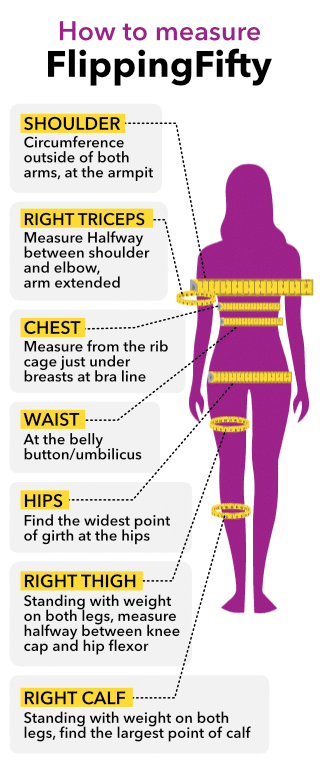Achieve a Better Mood in Menopause Through Exercise
Feeling the mood swings that come with menopause? Longing for a better mood during this phase? You’re not alone. Fortunately, regular exercise can be a powerful tool for managing mood swings, reducing anxiety, and boosting overall well-being during the transition to menopause. So, get ready to feel empowered with every step, stretch, and lift. Let’s take control and flip those menopausal challenges into opportunities for growth and strength.
Questions We Answer In This Episode:
- How does physical activity impact mood during menopause? [00:01:00]
- What types of exercise are most effective for mood management in menopausal women? [00:12:40]
- How does exercise reduce symptoms of anxiety and depression linked to menopause? [00:12:40]
- What are easy ways to incorporate more mood-boosting activities into daily life? [00:17:00]
- How long should you exercise to feel the mood-enhancing benefits? [00:17:20]
- Can exercise routines be adjusted based on menopausal symptoms? [00:16:20]
Understanding Menopausal Mood Swings:
- Hormonal Fluctuations: As estrogen and progesterone levels decline, neurotransmitters like serotonin and dopamine, which regulate mood and well-being, are affected. This can cause mood swings and anxiety.
- Sleep Disturbances: Menopause-related sleep issues, such as difficulty sleeping and poor sleep quality, can worsen mood swings and anxiety due to disrupted sleep patterns.
- Psychosocial Factors: During menopause, life changes—including shifts in roles, relationships, and concerns about aging—contribute to increased stress and mood disturbances.
- Neurological Changes: Lower estrogen levels impact brain function, affecting emotional processing and stress response, which makes women more prone to mood swings and anxiety.
- Physical Health Changes: Symptoms like hot flashes, night sweats, and physical discomfort add to emotional distress and anxiety, further destabilizing mood.
The study “Impact of Physical Activity on Physical and Mental Health of Postmenopausal Women” by S Kalra, J Yadav, and P Ajmera reviews the benefits of exercise. It focuses on both physical and psychological health for postmenopausal women.
Physically, exercise improves cardiovascular health, increases bone density, and enhances overall functioning. Psychologically, regular physical activity reduces symptoms of depression and anxiety. It also enhances mood stability and mitigates mood swings and irritability often associated with menopause.
Additionally, different types of exercise programs, including aerobic exercises, strength training, and flexibility routines, positively impact mental health outcomes. The study consolidates existing research, highlighting exercise as a comprehensive therapeutic tool. It effectively manages the multifaceted changes that occur during menopause.
Reference:
Impact of Physical Activity on Physical and Mental Health of Postmenopausal Women: A Systematic Review by S Kalra, J Yadav, and P Ajmera, published in the Journal of Clinical & Experimental Research in 2022. This systematic review analyzes the impact of physical activity on both the physical and psychological health of postmenopausal women, including mood and anxiety alterations due to different exercise programs.
Other Episodes You Might Like:
- That Gut Feeling is Real How Gut Impacts Mood: https://www.flippingfifty.com/that-gut-feeling/
- 7 Mental Health Benefits from Exercise That You’ll Love: https://www.flippingfifty.com/mental-health-benefits/








